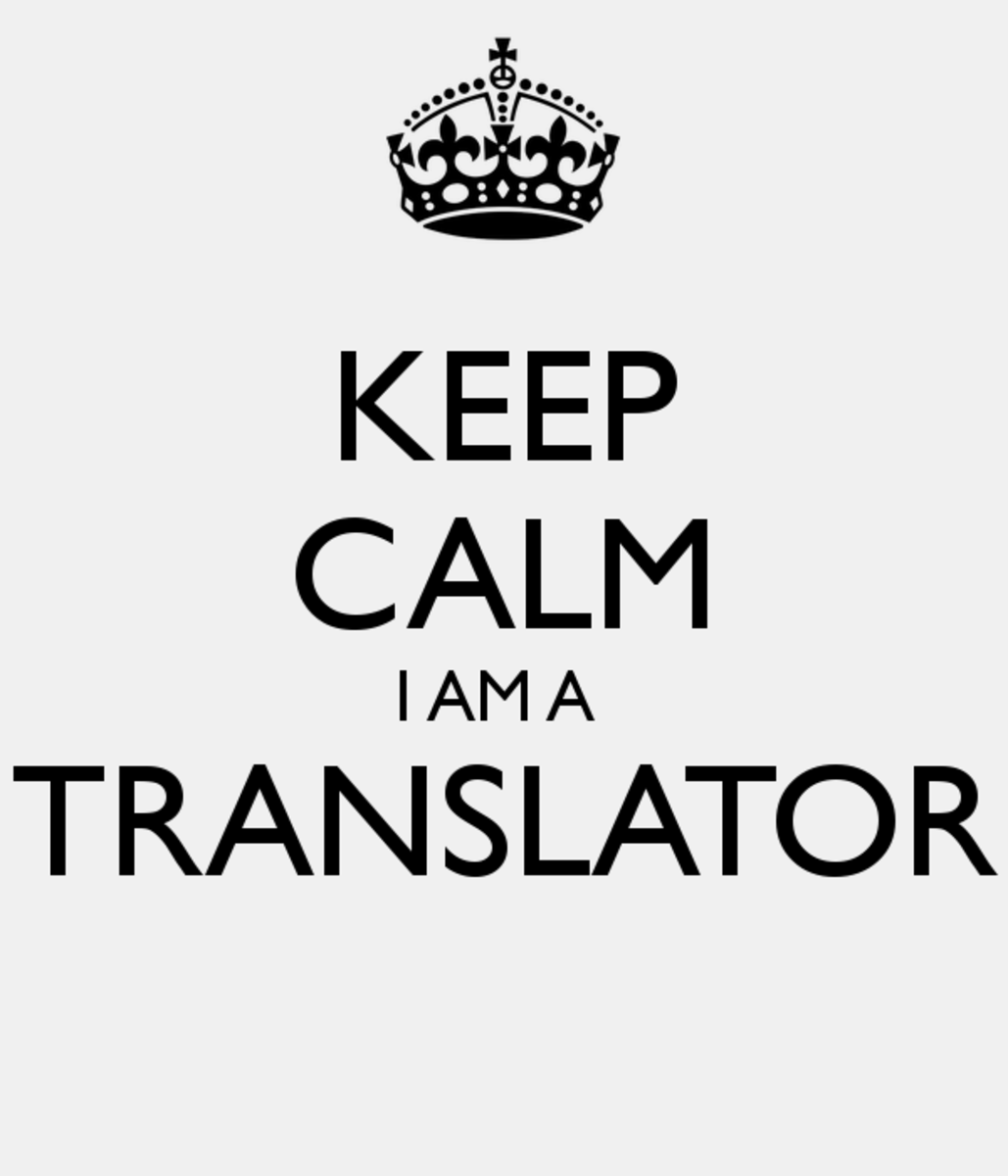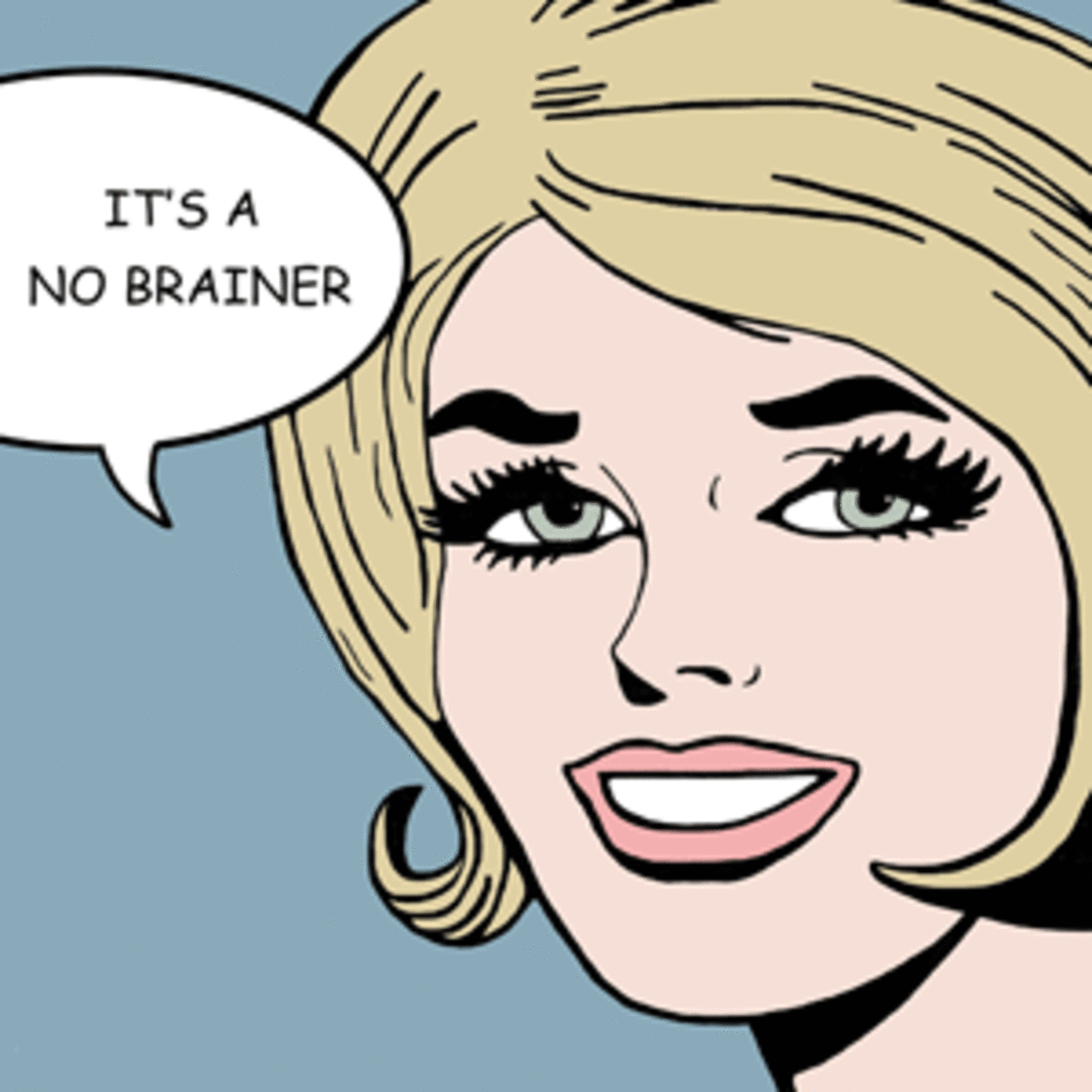Ebonics Into English

Ebonics into English: here are a few phrases that are translated from Ebonics into English. Translating Ebonics into English might come in handy if you have a black friend from the inner city, or, if you wonder what your teenage "wigger" (a white person who wishes they were black and listens to a lot of gansta rap) is talking about to their friends. You'll notice a pattern after a while:
"Weed Smoke" or "Lye" means Marijuana.
"Pie" means a kilo of cocaine.
"Fly" means you have new clothes on; or--"I be fly to dat" means you understand something.
A"whip" is a car.
"Kicks" are sneakers or running shoes.
"Chips" is money.
A "crib" is where you live.
A "box" is a radio.
An "ox" is a razor blade.
"Jakes" are policemen.
A "jack" is a payphone.
"Busta" is a guy.
"Caps" are friends; alternately, if you "cap" someone, you've shot them.
"Smack the monkey" means to make love or have sex.
"Whaddup?" means "What's up?"
"Dawg" means your friend, it can have a faintly derogatory flavor. "You ma dawg", means, "You're my dog"..."I own you", in a kidding kind of way.
"Wigs" means bullets.
If you "got lef" it means you got killed.
If you "caught and F" it means you got sent up for a felony.
If you "got the dragon" it means you have bad breath.
"Hit me on the hip" means "page me".
"Sherm" is angel dust (an evil street drug).
"The germ" is AIDS
A "hat" is a condom.
"Phat" means "Excellent!"
"Kitchen" is the kinky hair of a black person at the nape of his neck.
"You ashy" means your skin has a whitish overtone from being dried out.
"Bling-bling" means expensive jewelry...
Getting the idea? Some of the phrases remind me of English Cockney speech, in the use of a slang vernacular substitute for a common word, with a little taste of humour or poetry about it.
Many times the final consonant in the words aren't pronounced:
"pas" means past
"han" means hand...
Many times the whole sentence is abbreviated in certain ways (ebonics is particularly unkind to verbs):
"Ama do it" means "I'm going to do it". "She trippin'" means "she is tripping"; "they allright" means they are all right."
So if someone comes up to you on the street and says:
"Mo fo, i tink dis busta gets his caps outta da club"
You know they mean:
"Motherf*****, I think this guy needs to get his friends out of the bar."
Or if the guys says:
"Fo drop da dime on dat whip; i gots ta pimp dat chrome."
You know the guy means:
"That mother fu***** spent a lot of money on that car, I'd love to drive it."
Ebonics DOES translate into English: you have to listen very closely to hear the key words that you recognize as actual English. You can sometimes guess from the tone, the meaning of the rest of it.



Is Ebonics a legitimate language? Why do we need to make it legitimate by recognizing it? Why do we need to validate it as a separate language by translating Ebonics into English? Why not just insist everyone speak English. Period.
I'm really of two minds about it. The word itself, 'ebonics', is a portmanteau word, a combination of "ebony" and "phonics". I'm old-fashioned enough not to like portmanteau words. They reek of a short-hand, mangled use of English to me; also--they seem made-up, not like real words at all. The same goes for the whole Ebonics thing. Why not have everyone on the same page with American English? Better yet, why not have just one English language, world-wide? It would certainly save some confusion on the part of people learning English as a second language.
My other mind says, "Dialect is legitimate in its place". We come from different regions, we come from different backgrounds and areas, and our speech naturally reflects that.
I came from rural America. I spoke rural American English, and had to be more or less trained out of using certain phrases or pronouncing words certain ways, in order not to be thought ignorant or countrified by prospective friends, boyfriends or employers. "Walkin' down the road" became "walking down the street". I dropped the phrase "I reckon" or "Reckon so" (which means, "I think so") altogether from my vocabulary. I love to read, I love books, so it was fairly easy for me to pick up on a more grammatical use of English in my speech, and better diction.
It might be much more difficult for people who don't read and aren't very much exposed to books and writing, to understand the grammatically correct way to use the English language. Spoken English, verbal English, is only half the language. What Ebonics misses is the other half: the written language.
Ebonics doesn't translate into a written language at all. It looks like spaghetti; it looks like garbage, in print. English has a form and structure, and underlying grammatical rules, to make it READABLE. Ebonics just doesn't have that. It isn't so consistent or meaningful as to be legible or readable.
Still, the use of Ebonics is so widespread that we will in the future need to know how to translate Ebonics into English.

Where did the word "Ebonics come from? In 1973, some black scholars started to use this term instead of the phrase "Nonstandard Negro English" to describe how urban black Americans speak. They found the phrase "Nonstandard Negro English", or NNE, to be pejorative and negative.
The term "Ebonics" didn't actually come into our American national vocabulary until 1996, when the Oakland, California school board recognized it as the primary language of its African American students, which were a majority in the school, and decided to take this into account in their English classes. In other words, offer these people a translation that they could understand of what they commonly spoke into what was commonly used in ordinary business or academic American English. The goal was to enable the students to understand standard English.
This goal was vastly misunderstood and caused a furor at the time. It was misrepresented in the press and on the Internet as "teaching Ebonics". Well, that got quite a lot of suburban California up in arms. Suburban California, both black and white, felt it was limiting to the students. They regard that type of speech as an evil corruption of standard English; they think it denotes ignorance, a complete lack of education, and renders the speaker of it unemployable. That was my initial reaction, too. I thought these people would be so much better off if they simply learned standard English like the rest of the people in the country. America is a melting pot; most of our ancestors came here not knowing a word of English. They learned as they went, in order to get ahead. They didn't persist in speaking their native tongues exclusively, or refuse to learn English. It was a question of survival.
I still think that, but I am afraid, in my heart, that Ebonics seems to be with America to stay. It has lasted long enough for me to think that I have to eventually accept it as an American language. I also thought rap music (if you can call it music; to me it isn't, but to so many people it IS!) was going to be a brief fad and go away. Huh. Not!
I might not like it but I might have to learn to accept both rap and Ebonics as a legitimate expression of American sub-culture. The kids think it's so cool. They go around in their gansta pants, with most of their underwear showing above the low-riding baggy pants. They think it's cool to call women "ho's" (and I REFUSE to translate THAT expression...use your imagination). They think it captures the urban angst; I know it's an expression of anger. Whether or not I think the language is legitimate, I must admit to thinking the anger is legitimate.
Part of the glamour of it for the kids is to talk this secret street talk that makes them feel street-wise and street-sophisticated, and is also a complete mystery to the suburban mom. I can understand that. When I was a (baby-boomer) kid, we had some teenage code words that our parents didn't understand.
For the urban black people, the real deals, the people actually from the hood, though, I think this whole thing keeps them back. It keeps them where they are: it keeps them down, jobless, on welfare, and in the ghetto. It keeps them segregated. It keeps them in unhappy ignorance. These people are not stupid people. They have great potential to add to our American society. What happens? Their world is so hopeless that the most successful of them are either pimps or drug dealers or both. There is some negative glamour of the street--I can feel it. The actual reality is grim...we wouldn't want to actually live there, for real. People have so few chances to rise. Their environment is dirty, ugly, unsanitary, and unsafe. They die young. They sell their bodies for drugs at a very early age. They get shot.
Legitimizing Ebonics is like saying that the environment that produced it is here to stay.
God help and bless us all. I can just imagine United Nations translators whose specialty is translating Ebonics into English, for the rest of the world!
If you'd like MORE, click HERE:
- Drug and Alcohol Abuse and the Creative Artist
Drug and Alcohol Abuse and the Creative Artist--so many of our heroes in the arts were individuals with substance abuse or alcohol abuse problems. People like Johnny Depp, Charles Dickens, and Beethoven all had problems with alcohol abuse, amongst ma - A Young Mother Punched Her One-Year-Old, and What Happened Then
What happened when a young mother punched her young son in the face, in a public place? Find out here. I'm proud of all the people that had the guts to intervene.





